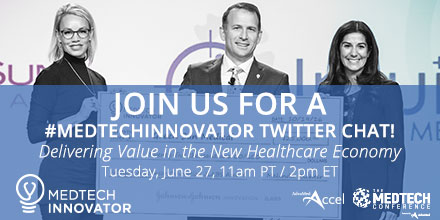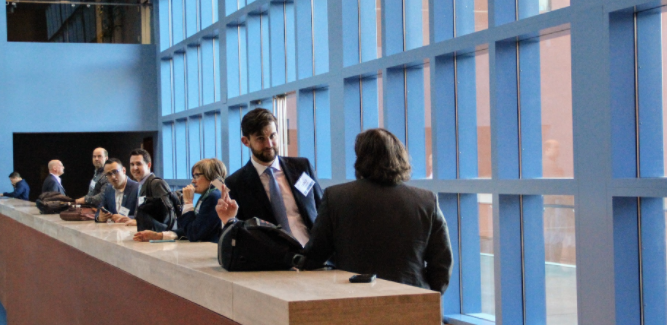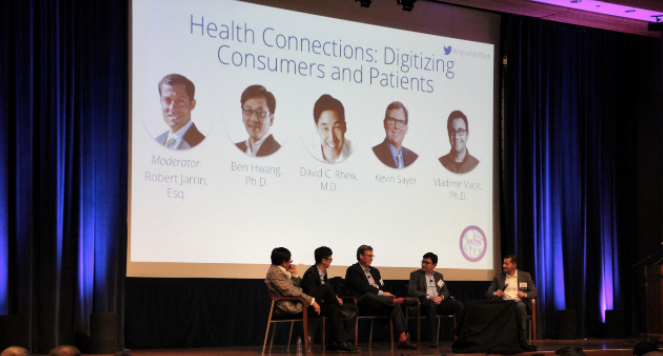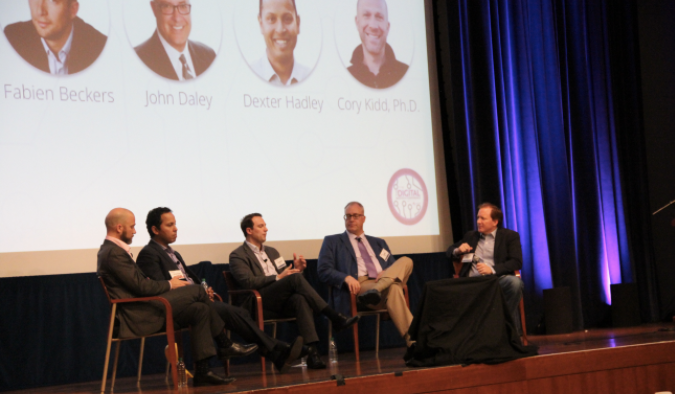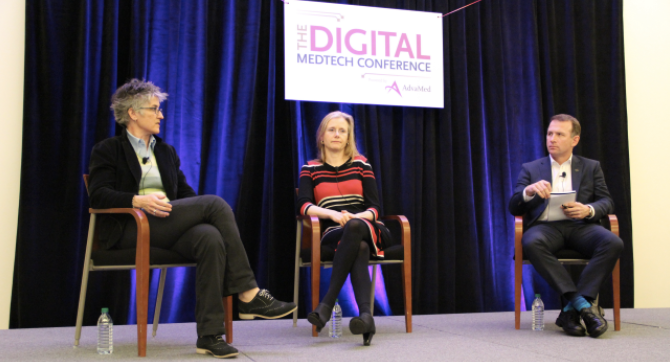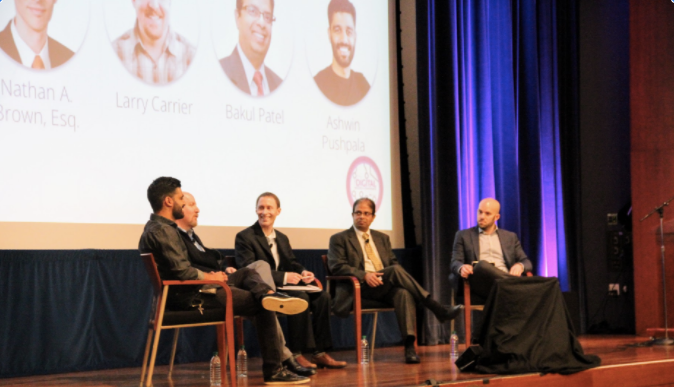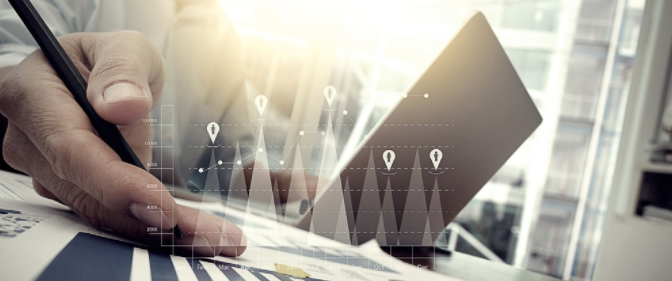
This post is brought to you by Deloitte’s “A view from the Center” Life Sciences and Health Care blog
In my role with the Center for Health Solutions, I spend a fair amount of time researching technology and exploring the impact new medical devices could have on the health care sector. I generally don’t get much first-hand experience with medical devices. That recently changed.
When I told my primary care doctor about some odd sensations I had been feeling in my chest, he suggested a remote monitoring device that plugs right into my smartphone. Anytime I experienced this feeling in my chest, no matter where I was, I could put my fingers on the device and it would transmit an EKG reading directly to my doctor. He could then track patterns and get to the bottom of my symptoms. This type of remote monitoring is far more effective at diagnosing arrhythmia than having a patient travel to a doctor’s office periodically for an EKG test—not to mention the time and expense this device could save both the doctor and the patient.
Given its potential to more accurately diagnose patients and improve health outcomes, it is not surprising that digitally-enabled diagnostics like this one have been attracting venture capital investments.


